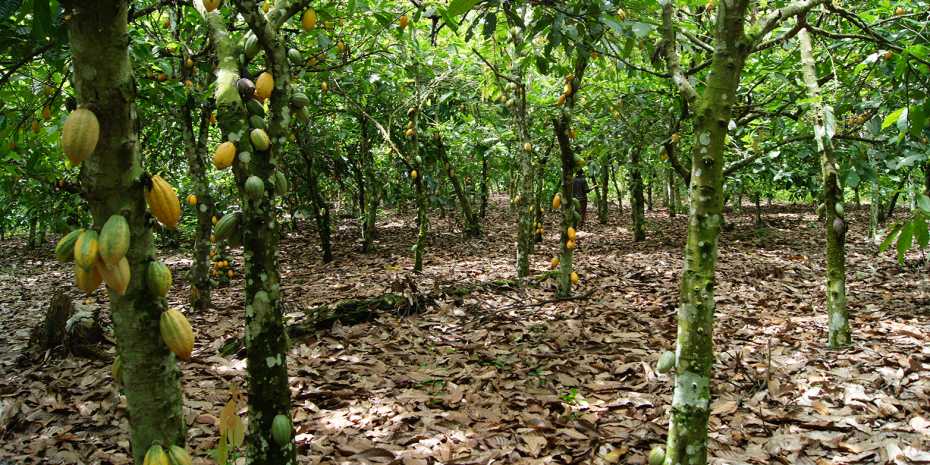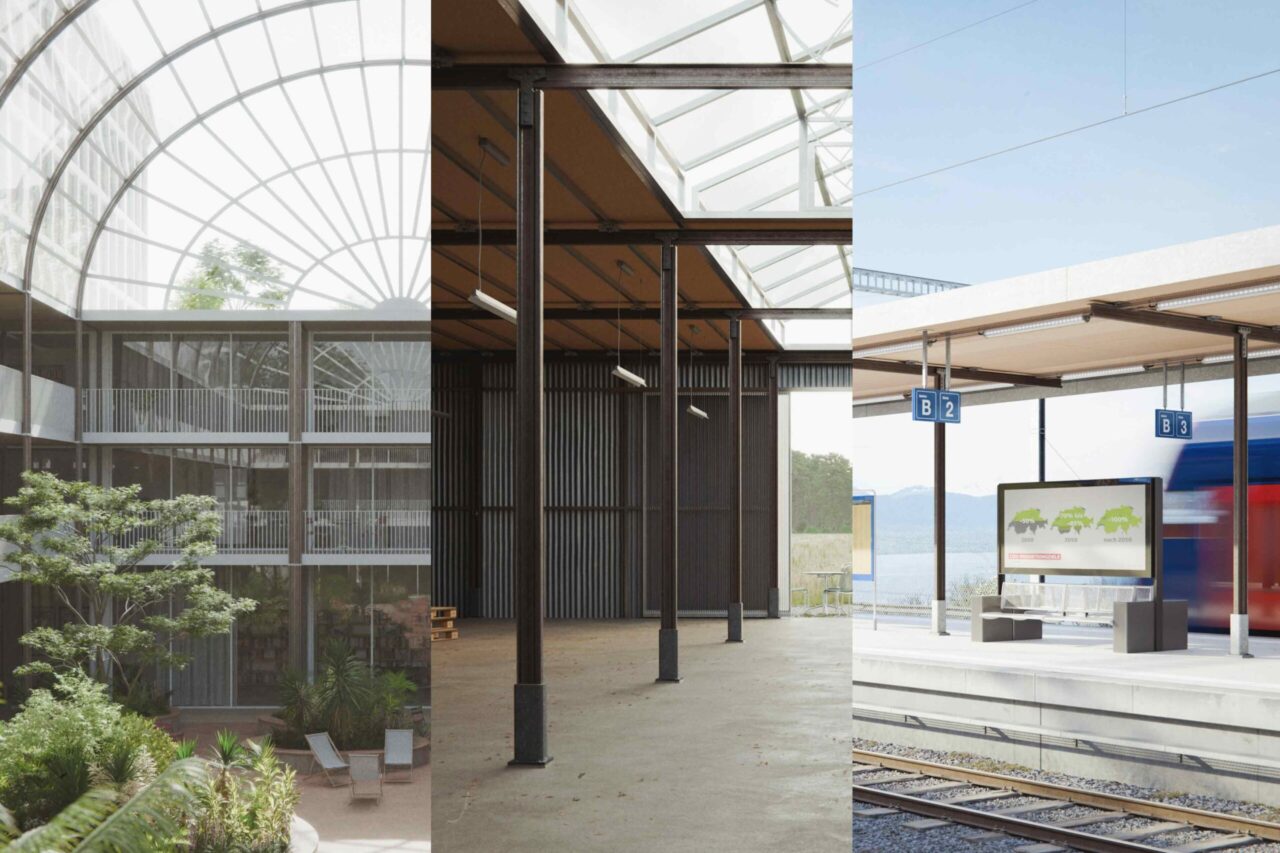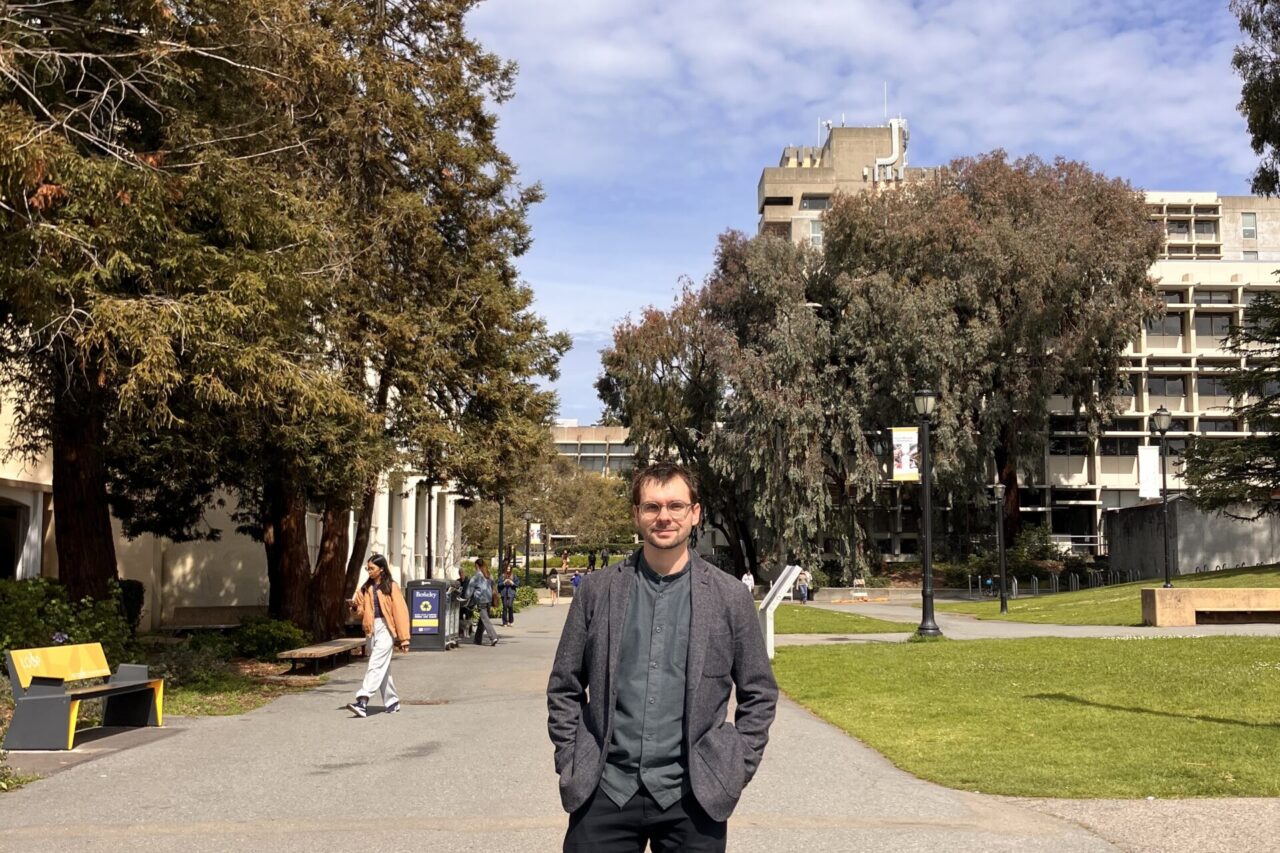Changing farming methods to better withstand shocks will be crucial to the cocoa industry, and will ensure that chocolate fans around the world can sustainably indulge their sweet tooth.
Throughout the 2010s there were fears of a looming chocolate shortage. Though demand has been steadily increasing for 50 years, production decreased by around five per cent from the early part of the decade.
The $80 billion chocolate industry depends on output from farmers who, in many cases, are earning less than they did in the 1980s. In Ghana and Côte d'Ivoire, which supply two-thirds of the cocoa used by the chocolate industry, degraded soils and pathogens have negative effects on supply while future production is threatened by climate change.
Throughout the 2010s there were fears of a looming chocolate shortage. Though demand has been steadily increasing for 50 years, production decreased by around five per cent from the early part of the decade.
The $80 billion chocolate industry depends on output from farmers who, in many cases, are earning less than they did in the 1980s. In Ghana and Côte d'Ivoire, which supply two-thirds of the cocoa used by the chocolate industry, degraded soils and pathogens have negative effects on supply while future production is threatened by climate change.







